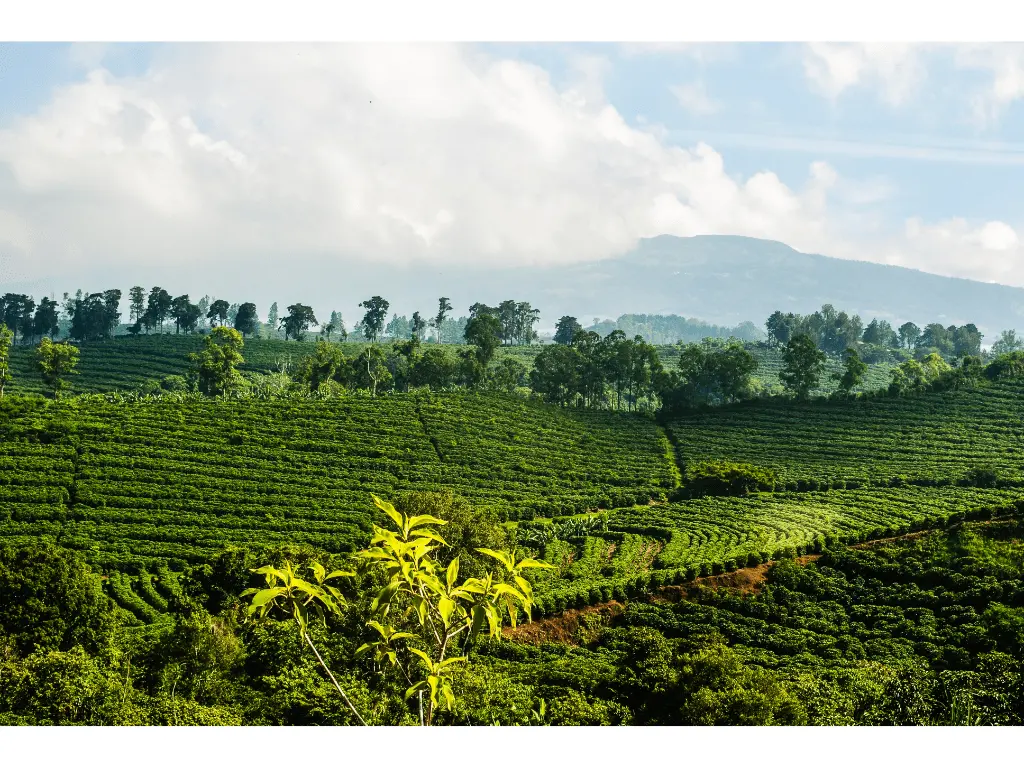- Home
- News Details
News Details

Costa Rica Modernizes Phytosanitary Law Reform to Enhance Agricultural Trade and Pest Control
2024-07-16 Reference source : MINISTRO DE AGRICULTURA Y GANADERÍA
Import/export restrictions Latin America Agrochemicals
On 7 July 2024, Costa Rica announced the regulatory reform of the Phytosanitary Protection Law (Decree No. 26921-MAG), which aims to strengthen agricultural trade practices and improve pest control. The updated regulation, published in the Official Gazette, reflects Costa Rica’s commitment to modernizing its regulatory framework and protect its agricultural sector from the increasing risks posed by global trade.
Key Reforms
The reform focuses on two critical areas: enhancing registration systems for agricultural substances and introducing stricter phytosanitary controls for imports.
-
Mandatory Registration of Agricultural Entities
Articles 96 and 97 have been revised to require all individuals and companies dealing with agricultural substances and equipment to register with the State Phytosanitary and Agrochemical Department (SFE). This includes manufacturers, importers, exporters and distributors of pesticides, fertilizers and related equipment.
-
-
Applicants must submit proof of identity, compliance with tax and social security obligations, and payment of registration fees.
-
The registration process, which has been streamlined to ensure efficiency, must be completed within 10 days.
-
Annual renewals are mandatory to maintain active registration status.
-
-
New Procedures for Import Authorization
The introduction of Articles 191 Bis and 191 Ter establishes clear guidelines for the import of plants and plant products:
-
-
Phytosanitary Requirement Forms: Importers must obtain a form detailing the specific phytosanitary requirements for their shipment. These forms are valid for 30 days and are processed within 10 days.
-
Inspection and Verification: Imports will be subject to thorough inspections at entry points to confirm compliance with phytosanitary standards. This includes document verification, physical inspection, and, if necessary, sampling for pest diagnostics and pesticide residue testing.
-
-
Standardized Forms
Annexes 11 and 12 provide templates for registration and inspection requests, ensuring transparency and consistency in the application process.
Impact on Stakeholders
For businesses, the reform simplifies processes while setting clear expectations:
-
Exporters and Importers must adhere to stricter documentation and compliance standards to ensure smooth trade operations.
-
Agricultural Producers will gain additional protection against the introduction of foreign pests that could threaten local crops.
-
Regulators benefit from improved tools and procedures to enforce compliance.
Immediate Implementation
The reform is effective immediately upon publication. Businesses are encouraged to familiarize themselves with the updated requirements and take advantage of the transitional period provided for compliance. For more details, please see the resolution (in Spanish) here
We acknowledge that the above information has been compiled from MINISTRO DE AGRICULTURA Y GANADERÍA .
Global Product Compliance (GPC) specializes in Global Regulatory Compliance Solutions across sectors
globally. SSS Europe, a familiar name in chemical regulatory and compliance services now formally belongs
under the umbrella of GPC Holding Sweden.
Since 2008, we have emerged as one of the leading names among Global Regulatory Compliance Service
Providers with Representation services in Europe, Asia and Middle East for respective chemical
regulations.

 Twitter
Twitter
